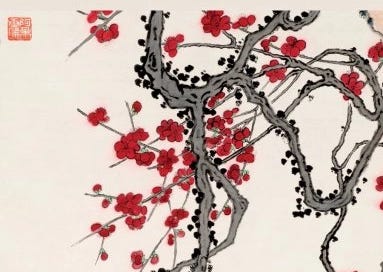Buddhist Masters of Modern China is an enlightening and comprehensive collection that introduces readers to the lives and teachings of eight influential Buddhist teachers who played pivotal roles in the Buddhist revival in China during the late nineteenth and early twentieth centuries. Edited by Benjamin Brose, this work serves as both an exploration of individual Buddhist masters and an important contribution to the history of modern Chinese Buddhism.
The book’s primary focus is on the challenges and successes of Buddhist practitioners during a time of immense political and cultural upheaval. The period of the late Qing Dynasty, followed by the Republican era, saw dramatic transformations in Chinese society. Amid these tumultuous changes, a group of dedicated monks, nuns, and laypeople worked tirelessly to revive the core practices of Buddhism and ensure the transmission of these teachings to future generations. These figures overcame obstacles ranging from political instability and cultural suppression to internal religious reforms, establishing the foundations for the vibrant Buddhist traditions that are practiced today across China, Taiwan, Hong Kong, and the Chinese diaspora.
The collection is particularly valuable in that it provides accessible biographies of eight Buddhist teachers ranging from Chan masters to Pure Land patriarchs, from disciplined renunciants to accomplished poets and scholars. Each essay offers an engaging and succinct portrait of a different master, providing insight not only into their personal lives and struggles but also into the specific Buddhist traditions they championed.
Keep reading with a 7-day free trial
Subscribe to The Gentle Law to keep reading this post and get 7 days of free access to the full post archives.





